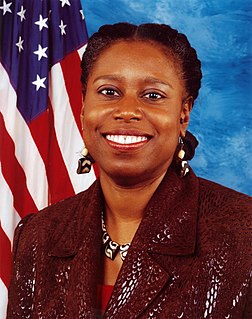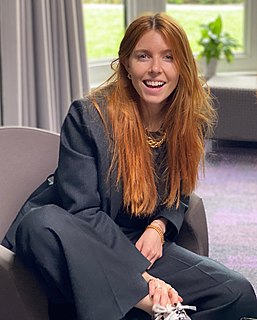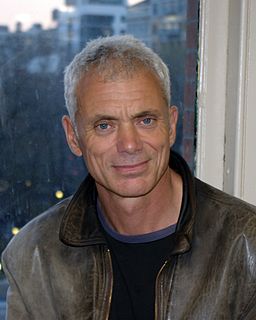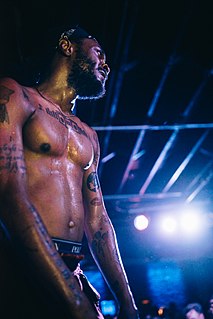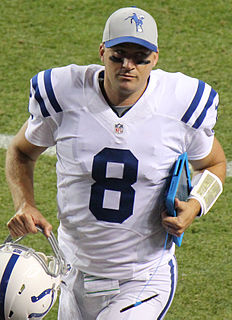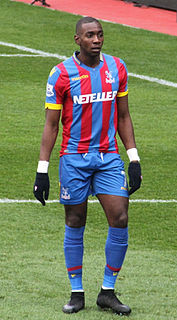A Quote by Serge Ibaka
Related Quotes
I started, actually, as an analyst on African affairs, mainly on Al Jazeera. I remember the first few series were about Saudi students, and the negotiations between the government and the Sudanese rebels in the south. And then, slowly, I was speaking about Congo, Democratic Republic of Congo, Zimbabwe, Mozambique and a few other places.
We still have our people working in the cane fields in the Dominican Republic. People are still repatriated all the time from the Dominican Republic to Haiti. Some tell of being taken off buses because they looked Haitian, and their families have been in the Dominican Republic for generations. Haitian children born in the Dominican Republic still can't go to school and are forced to work in the sugarcane fields.
I chose Congo in order to become close to a place that we had turned away from. It isn't present in our imaginations, in the stories we tell each other. Yet it's relevant to our lives and to our worlds, in a practical way. Congo supplies raw materials for the things that we use on a daily basis. We are intimately linked to Congo, economically. We're linked to it through human events that are occurring there, that affect all of us, and yet you don't find narratives of Congo present in our lives.



